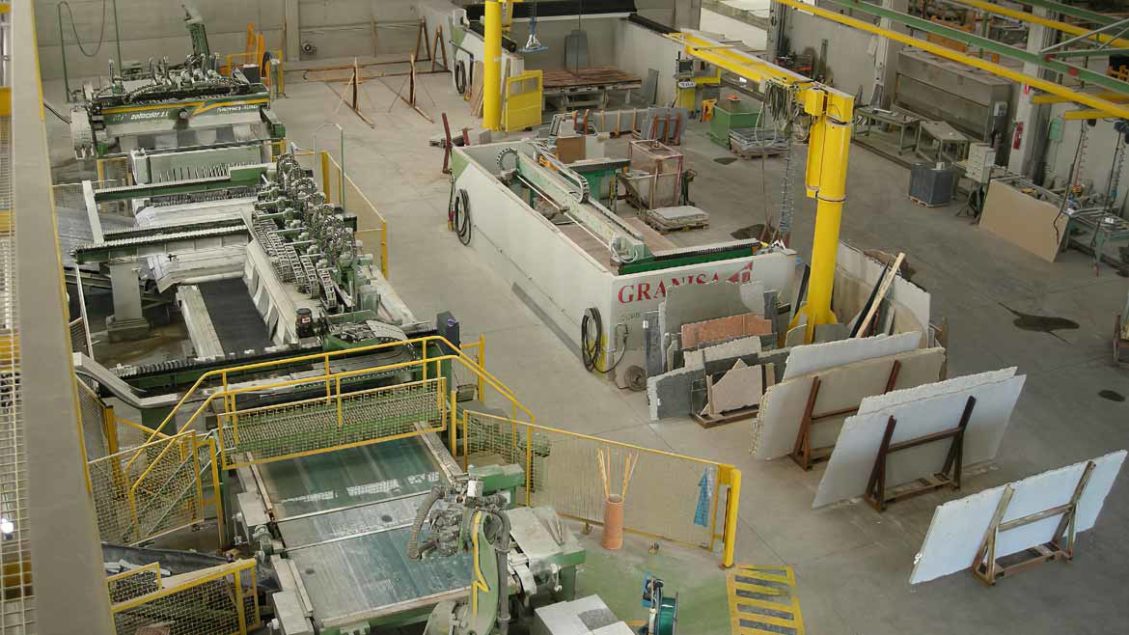The stone industry is not a high energy consumption industry

The stone is all physical processing, no harmful waste, no secondary pollution!
The stone industry is a mechanical physical processing process, and its energy consumption is naturally greatly reduced, so no harmful gas will be produced and generated, and wet operation is adopted to effectively reduce dust, even if a small amount of waste residue and waste will be produced during production. Other garbage is also non-toxic garbage and will not form secondary pollution.
There is no kiln in the stone industry. Unlike traditional bulk building materials such as cement, glass, ceramics, bricks, and lime, the stone industry is not mining plus kiln, but mining plus mechanical cutting. Therefore, it does not require coal itself, only electricity and oil.
Stone processing uses recycled water, and the discharged wastewater is also up to standard!
China Stone Association conducted field inspections on key stone producing areas in key provinces such as Fujian, Shandong, Guangdong, Guangxi, Hubei, and Xinjiang, and found that the stone industry in these areas basically adopts recycled water, does not use any chemicals, and only relies on Ordinary clean water can be used to cool mining and processing tools, and even if the waste water is discharged, it is up to the standard.
Recycling waste and slag to make concrete and artificial stone
Stone powder, gravel, waste and other wastes generated in mining and processing have been widely used as concrete aggregates, high-strength bricks, artificial stone fillers, lightweight stone powder wall materials, paving stones, curbs, etc. To achieve waste recycling. Therefore, as long as the government and enterprises manage a little, it can become a pollution-free and environmentally friendly industry.
The stone industry is the most environmentally friendly and has low comprehensive energy consumption in the building materials industry
The average radioactivity of natural stone is lower than that of bulk building materials such as ceramics and bricks. In addition, the comprehensive energy consumption per 10,000 yuan added value of the stone mining and processing industry is only 0.3 tons of standard coal, which is much lower than that of traditional bulk building materials such as cement, glass, ceramics, bricks, and lime. It is the most energy-efficient industry in the building materials industry. The comprehensive energy consumption of 10,000 yuan of added value of the stone industry can be regarded as nothing.
From mining, processing to use, the stone industry follows the principles of energy conservation and environmental protection. Even if a small amount of waste, sewage and other wastes are generated in production, they are slightly non-toxic and will not cause secondary pollution to the environment. And these wastes can basically be used for secondary processing and become ceramic raw materials and other building materials. Therefore, the stone industry is by no means a high-pollution industry, but a green and environmentally friendly industry.
To sum up, from mining, processing to use, the stone industry is the most energy-efficient. Even if a small amount of waste, sewage and other wastes are generated in production, it is slightly non-toxic and will not cause secondary pollution to the environment. Therefore, it is by no means a highly polluting industry.